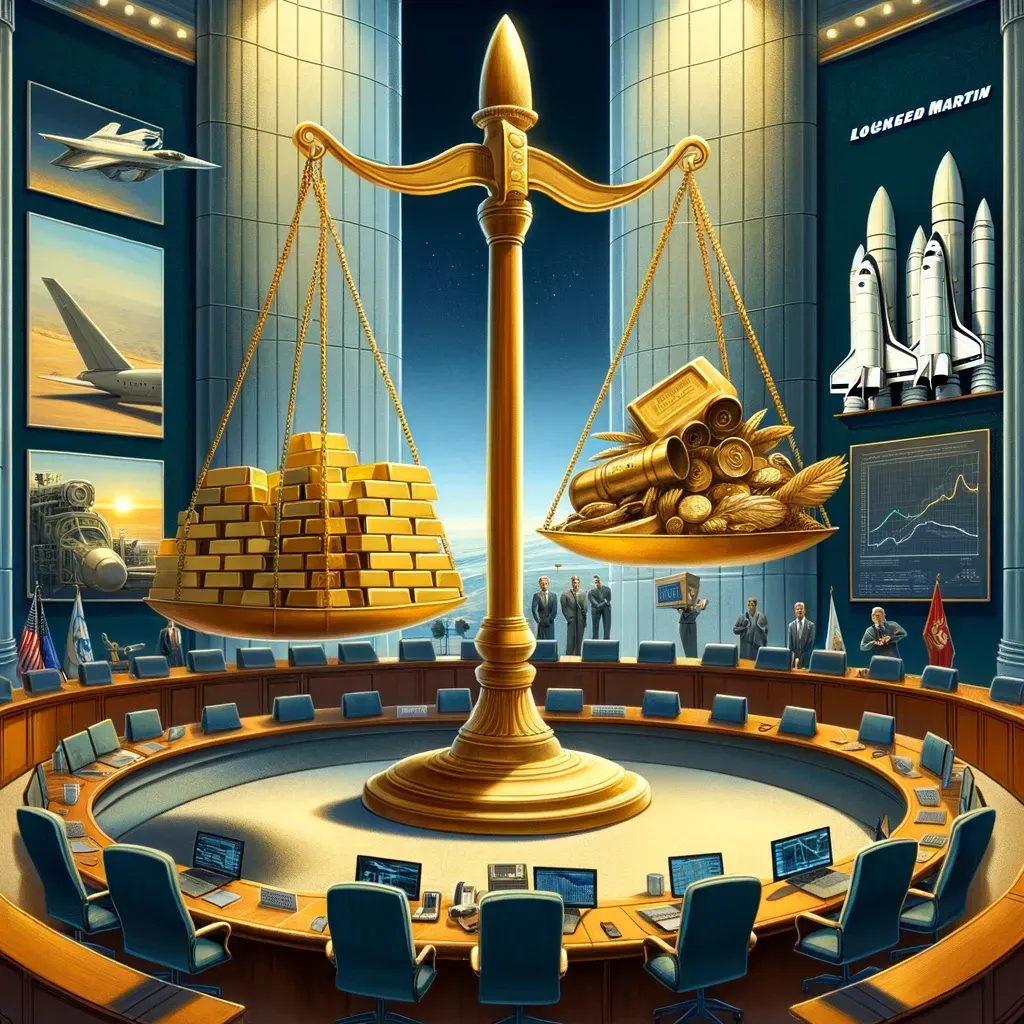
China’s Banking Meltdown
The First Domino Has Fallen!

China is currently experiencing an unprecedented banking crisis that has thrown the country into a state of panic. This crisis stems from multiple factors, including a collapse in the real estate market, widespread defaults among property developers, and a significant liquidity crunch in the shadow banking sector.
The property market, which has been a cornerstone of China's economic growth, is now facing a severe downturn. Property developers, including giants like Evergrande and Country Garden, are struggling with massive debts and have defaulted on numerous loans. Evergrande, for instance, was ordered into liquidation by a Hong Kong court after failing to restructure its $300 billion debt (WEKU) (Council on Foreign Relations). The fall of these developers has triggered a domino effect, impacting the broader financial system (South China Morning Post).
The crisis has also severely affected China's shadow banking sector, which includes non-bank financial institutions that provide credit outside traditional banking regulations. One of the largest shadow banks, Zhongrong International Trust, has missed payments on over 30 wealth management products, leading to fears of a broader financial contagion (South China Morning Post) (S&P Global).
As the property market continues to crumble, local governments, which heavily relied on land sales to developers for revenue, are also feeling the strain. Land sales have plummeted, creating significant fiscal challenges for these governments and exacerbating the financial instability (CSIS).
The situation has led to widespread protests and social unrest. In Henan province, for instance, protesters have taken to the streets to demand access to their frozen bank deposits. The People's Liberation Army (PLA) has been deployed to maintain order, highlighting the severity of the crisis (The Diplomat) (Market Realist).
Financial analysts are warning that the crisis could have far-reaching implications for the global economy. China's real estate sector is a major consumer of raw materials like steel, aluminum, and copper. The downturn in this sector has already led to a decline in metal prices globally, and further deterioration could impact global supply chains and economic stability (Market Realist).
Moreover, the crisis has cast a shadow over China's political landscape. President Xi Jinping and the Communist Party are under immense pressure to contain the crisis and restore confidence in the financial system. However, the measures taken so far, including attempts to deleverage the property sector, have only added to the economic stress (CSIS) (Benzinga).
The collapse of China's banking system is a complex and evolving situation, rooted in years of rapid credit growth and speculative investments. The government's challenge now is to manage this crisis without causing further economic and social upheaval. The coming months will be critical in determining whether China can navigate this financial storm and stabilize its economy.
For more detailed information on the situation, you can read articles from reputable sources such as the Council on Foreign Relations, South China Morning Post, and The Diplomat (CSIS) (The Diplomat) (Benzinga) (South China Morning Post) (Council on Foreign Relations).
Clients who adhere to a debt relief program can expect an approximate saving of 57% before fees, or 22% inclusive of fees, spread over a period of 6 to 24 months. It's important to note that these estimates are based on debts that have been enrolled in our program. Please be aware that not all types of debts qualify for enrollment, and not all clients may complete our program due to factors like the ability to save sufficient funds. These estimates are based on prior results, which will inevitably vary depending on individual circumstances. While we aim to reduce your debts, we don't guarantee a specific reduction amount or percentage, nor do we promise that you'll be debt-free within a certain time frame. We don't take over consumer and/or business debt, and we don't offer tax, bankruptcy, accounting, legal, or credit repair services or advice. For information on the tax consequences of debt settlement, please consult a tax professional. For information on bankruptcy, consult with a bankruptcy attorney. Should you have further questions about our services, we encourage you to contact us.
© Copyright 2024 Clear Creditor Solutions All Rights Reserved.









